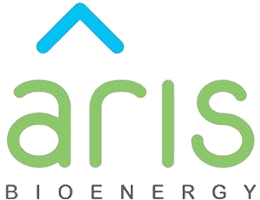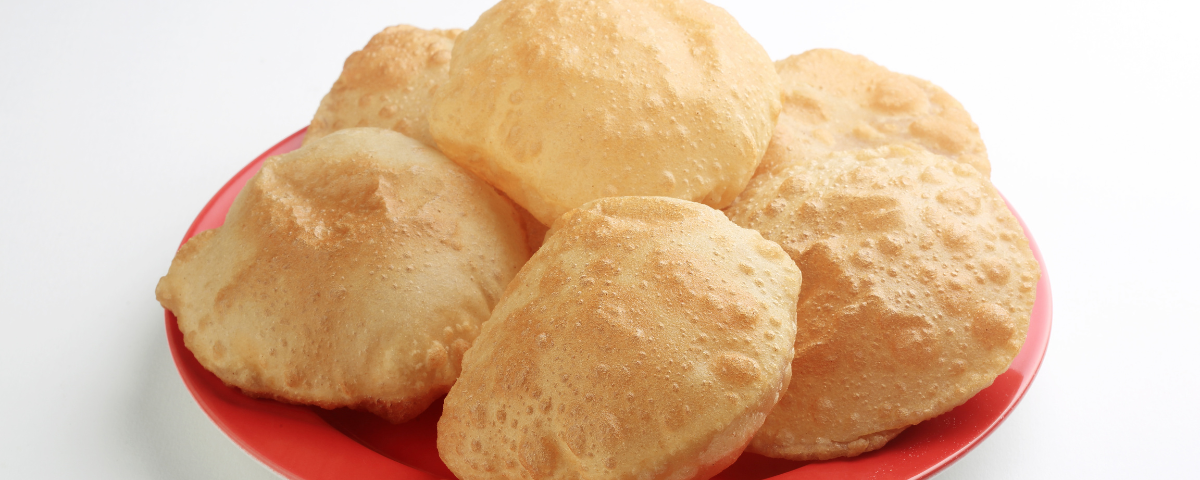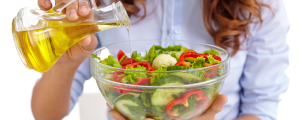As much as Indian cuisine is famous worldwide, our tradition and culture are famous too. India has breathtaking shrines, and most of the shrines in India provide free meals called Annadhanam. However, Darshan of God seems incomplete without eating prasadams. But there can be chances of devotees falling ill if there are no precautions taken or hygiene standards maintained by the shrine authorities. Considering the safety of people, FSSAI (Food Safety and Standards Authority of India) initiated BHOG (Blissful Hygiene. Offering to God). Many cities and states have asked the temples to achieve Bhog certification to ensure the safety of people.
Every place of worship must have BHOG certification. BHOG is a part of Eat Right initiative by FSSAI that aims to scrutinise food safety in places of worship. Additionally, this rule is also mandated for the street side vendors around the shrine who sell food items.
To get the shrine BHOG certified, the organisation has to go through the 5 steps.
Moreover, along with scrutinization, BHOG also aims to train shrine authorities about food safety and spread awareness regarding the same. BHOG aims to spread the word about how hygiene is important when people’s health is concerned.
BHOG has passed a prolonged guideline for temples and other places of worship to follow.
GUIDELINES FOR FOOD SAFETY BY BHOG ARE –
From guidelines – (Procurement of Food Products)
A) Purchase food items from reliable approved suppliers, such as wholesalers, distributors, or grocery stores having a valid FSSAI License.
B) Safety of the raw material like flour, sugar, oil, ghee, dry fruits, etc. must be checked if it is obtained from devotees for the preparation of food/prasad.
C) Check the raw materials for visible deterioration & off- odour. It must be free from physical hazards and foreign body contamination.
D) Never receive perishables including milk without proper pre-inspection.
– The dairy products must be received with the complete packed condition or with relevant declaration as demanded by FSSAI.
– If milk is taken from different donors, proper pasteurisation must be done before use.
– Perishable ingredients like fruits, vegetables, etc, must be segregated to ensure no infected or rotten, or stale items are used for food preparation.
E) Maintain the receiving temperature of any high-risk food (e.g. Chopped fruits & vegetables) at or below 5°C, and for frozen food at -18°C or below. Refrigerate the perishable products immediately.
F) Check the packaged raw materials for ‘expiry date’, packaging integrity, and storage conditions.
G) Maintain the records of raw materials & their source of procurement in a register.
H) Purchase raw materials as per the available storage capacity.
I) Protect food and food supplies from potential contaminants, harmful bacteria, viruses, chemicals, and insects and rodents.
For more information chat with us 917304745554




